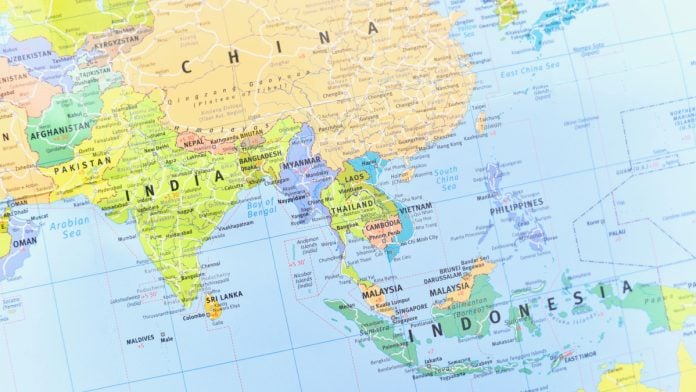The Bank for International Settlements (BIS) and partners have announced they are moving toward phase four of Project Nexus, standardising the way domestic IPS connect to one another.
In the upcoming phase, India, Malaysia, the Philippines, Singapore and Thailand will connect their domestic instant payment schemes.
These markets, represented by Bank Negara Malaysia, Bangko Sentral ng Pilipinas, the Monetary Authority of Singapore, the Bank of Thailand, and domestic IPS operators, who collaborated in phase three, are now joined by the Reserve Bank of India.
This expansion also includes India’s Unified Payments Interface (UPI), the world’s largest IPS, significantly broadening the potential user base.
This follows phase three of the project, where a prototype of Nexus successfully connected test versions of three established instant payment networks: the Eurosystem’s Target Instant Payment Settlement (Tips), Malaysia’s Real-time Retail Payments Platform (RPP), and Singapore’s Fast and Secure Transfers (Fast) payment system.
The conclusions and lessons of phase three of Nexus are described in a report published by the BIS.
Nexus aims to standardise the connection between domestic IPS networks. Instead of each IPS operator creating custom connections for every new country, they only need to establish one connection to Nexus. This unified connection enables IPS networks to seamlessly reach all other countries within the network.
Looking forward, the partner central banks and IPS operators will establish the Nexus Scheme Organisation (NSO) to oversee the Nexus scheme for live implementation. The NSO will be owned by participating central banks and/or IPS operators, tailored to each country’s domestic structure.
In phase three, the BIS supported central banks in developing the Nexus blueprint, aligning with its commitment under the G20 Roadmap for Cross-border Payments. While the BIS will not operate the NSO, it will provide technical advisory support and facilitate collaboration among members and new participants to advance Nexus’s global goals.
Agustín Carstens, General Manager of the BIS, commented: “I wish our partners in Nexus every success as they advance the project from concept to reality. This is the first BIS Innovation Hub project that central banks are moving towards a live phase together with instant payment providers.
“When implemented, it will greatly enhance cross-border payments in line with both the G20 cross-border payments programme and our mission to develop public goods in the technology space to support central banks and improve the functioning of the financial system.
“Even with just the first wave of connected countries, Nexus has the potential to connect a market of 1.7 billion people globally, allowing them to make instant payments to each other easily and cheaply.”
Earlier this week, the BIS released a report advocating for central banks to adopt artificial intelligence as a means to enhance financial stability.























